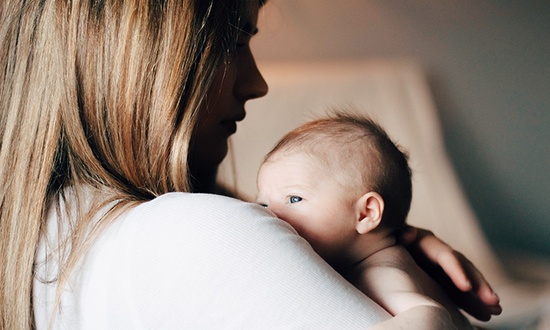Question from a reader:
I am a Christian who is getting married soon. I read Randy Alcorn’s book Does the Birth Control Pill Cause Abortions? and had a question. It is common knowledge that women should not drink alcohol during pregnancy. From the initial research I have done (at this point based primarily on one study), it seems that drinking can cause endometrial changes that decrease chances of implantation. Even light drinking (3-6 drinks per week) can have a significant effect on fecundability. I must collect more research to be better assured of the truth of this statement, but for my question, let’s assume that drinking can reduce chances of implantation of a zygote.
So is it morally wrong for Christian women to consume alcohol (based solely on a reduced fecundability argument)?
My first response would be no—there are many citations of alcohol use (and its abuse) in the Bible. But thinking through your arguments against the Pill, it would seem to me that alcohol consumption by any sexually active woman is immoral. It seems to me that your position is that maintaining the ideal biome for implantation is the woman’s(/couple’s) responsibility. Am I drawing the correct conclusions here?
Answer from Stephanie Anderson, EPM staff:
I appreciate your and your fiancée’s desire to think carefully through these issues. My husband and I got married almost 15 years ago, but since I was already working for Eternal Perspective Ministries at the time and was familiar with Randy’s research, this was a subject that we wrestled through as well. I can confidently tell you that God will give you wisdom when you ask (James 1:5) and that He will honor your desire to glorify Him with all aspects of your life, including your fertility and family planning. I look back over the last 14 years and see God’s hand so clearly over this aspect of our lives.
The research article you sent is very interesting. However, I do note that in their limitations section, they say, “Sample sizes were small for some subgroups, resulting in limited power to examine specific beverage types in different phases of the menstrual cycle, or to assess interaction.” Also, the article expresses several hypotheses related to alcohol’s effect on implantation, but it seems clear more study is needed. There are a lot of “coulds” and “mights” mentioned by the authors. So I would hesitate to draw strong conclusions based on this one study alone, though I would not at all be surprised to learn that excessive drinking could impact fertility, as we already know that it causes a myriad of other health problems.
However, it’s a big jump to claim that any woman who drinks any amount of alcohol is committing a moral wrong. Certainly, there are many other substances, including pharmaceuticals and supplements, that when used excessively and improperly, can harm our bodies and likely affect a women’s fertility. Scripture already offers strong condemnation for drinking too much and multiple warnings against doing so (see Proverbs 20:1; 23:19-21, 29-35). (This is a summary on alcohol and Scripture from Got Questions.)
You wrote, “It seems to me that Randy’s position is that maintaining the ideal biome for implantation is the woman’s(/couple’s) responsibility.” Though that’s an interesting statement, and could have potential stewardship implications for a couple, I would not say that is truly Randy’s core position in the book. There’s much that could be said about maintaining an ideal biome for implantation (diet, physical exercise, mental health, etc.) but that is beyond the scope of his writing.
Randy’s position is that as Christians, because we are accountable to God and we believe that life begins at conception, if we use birth control we must be careful that the method we are using is not having the unintended consequence of being an abortifacient and preventing implantation.
I appreciate this advice he gives to Christian couples in Does the Birth Control Pill Cause Abortions: “As a matter of conscience and conviction, do you believe you can or should continue with the Pill? Is it time to consider other alternatives? Time to search the Scriptures together, pray together, look at the facts presented here, and ask God’s guidance for your family? The choice is yours to make—make it prayerfully, with a Christ-centered commitment to putting principle above convenience.”
I hope this helps. God bless you and your fiancée as you prepare for your new life together!
Photo by Kelsey Knight on Unsplash


